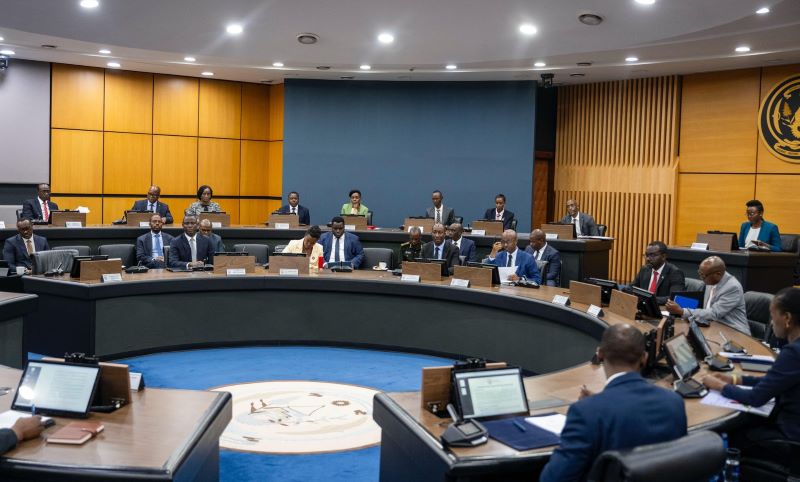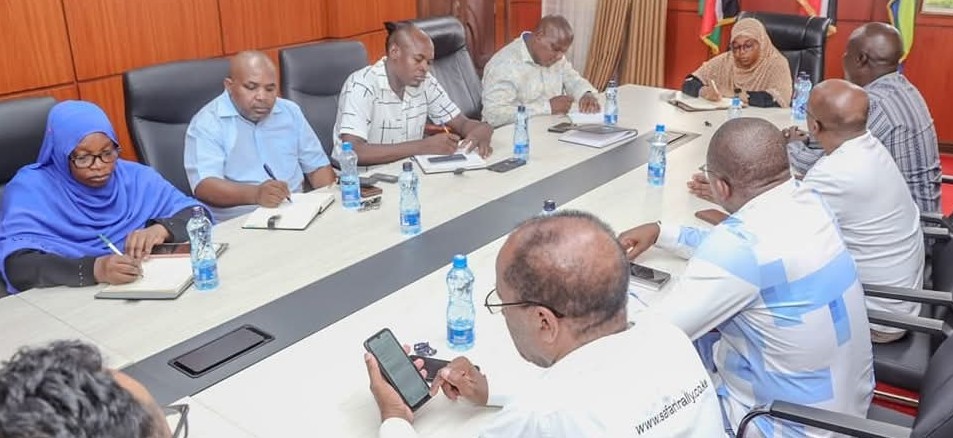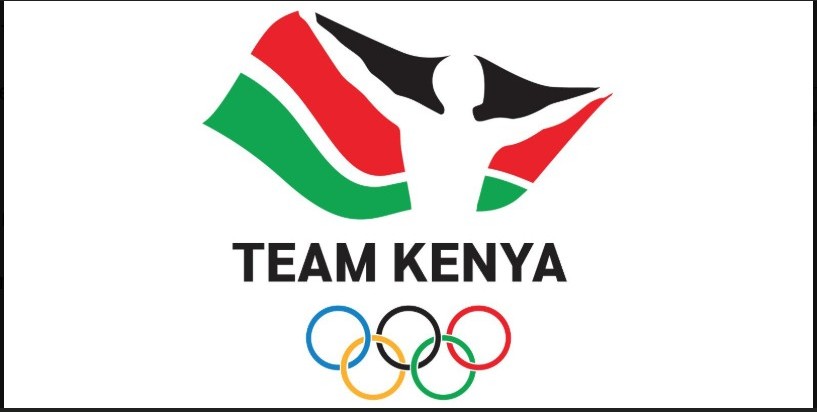Communications Authority of Kenya warns over unlicensed internet service providers

Competition has intensified among service providers seeking to capture Kenya’s rapidly expanding internet market.
Kenyans have been warned of the rise in internet service providers (ISPs) operating illegally countrywide.
The Communications Authority of Kenya (CA) has raised the alarm over the unlicensed operators, which it says use licence-free frequency bands to bypass regulatory approvals due to high the demand for internet service.
More To Read
- High Court nullifies Communications Authority's broadcast ban on June 25 demos
- Cloudflare explains cause of widespread internet outage
- Communications Authority dismisses claims of mandatory biometric data for SIM registration
- Cloudflare outage sparks global internet chaos as major websites affected
- Communications Authority of Kenya takes LSK to court over controversial cybercrime law
- Top 10 most used languages for web content
“The authority has observed a growing increase in unauthorised ISPs across the country. Most of them have deployed their networks using wireless technologies on licence-free frequency bands intended for industrial, scientific, and medical applications (ISM),” the CA said.
The illegal ISPs typically operate in specific, densely populated areas and lack the broad coverage offered by licensed network facilities provider tier 3 (NFP-T3) firms.
However, the CA did not name the unlicensed entities.
Competition has intensified among service providers seeking to capture Kenya’s rapidly expanding internet market.
Kenya’s licensed NFPs are authorised to develop and operate telecommunications infrastructure, with companies like Safaricom dominating the market.
By June 2024, Safaricom held a 36.4 per cent market share with 545,812 connections, followed by Jamii Telecommunications at 24 per cent (360,446 subscriptions) and Wananchi-owned Zuku at 17.5 per cent (263,008 connections).
The growing number of ISPs has led to competitive pricing, benefitting consumers but raising concerns about service quality. Many low-cost ISPs in satellite towns and low-income areas have been criticised for substandard services.
New entrants in the last two years include Vilcom, Poa Internet, and Vijiji Connect.
The market has also been disrupted by the entry of Starlink, a satellite-based internet service owned by Elon Musk.
Launched in Kenya in 2023, Starlink had secured 8,063 connections by June 2024, representing 0.5 per cent of the market. Its presence has significantly increased satellite internet subscriptions in Kenya, which reached 8,324 by mid-2024.
Safaricom has repeatedly urged the CA to require Starlink to collaborate with local companies, but its attempts have been unsuccessful.
Meanwhile, the CA attributes the rise in internet subscriptions to increased use of digital platforms and competitive tariffs.
“As of June 30, 2024, total fixed data/Internet subscriptions experienced growth driven by increasing reliance on digital platforms for work, education, healthcare, and entertainment, along with attractive tariffs and special offers from service providers,” the regulator said in its annual telecommunications review.
Top Stories Today















































